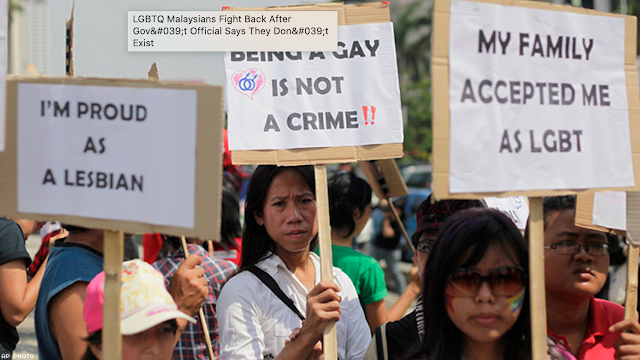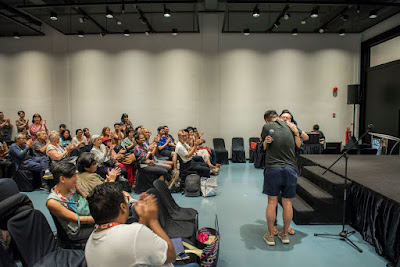Are women all the same? Are men all the same? Are Chinese all the same? Are Deaf people all the same?
The answer is intersectionality. It means each person is born with different traits and grew up with different experiences, some bad and some good leading to differing identities in each individual. What counts is oppression against these differing identities.
Intersectionality was initially meant for women who experience discrimination based on both colour and gender simultaneously. Kimberle Crenshaw, a legal scholar, saw it and coined the term in 1989. She realised that anyone would treat these issues separately.
There was a case:
There was a group of African American women who sued a company for racial and gender discrimination. However, the courts found that women in general were not discriminated against when it came to jobs as secretaries in the company. Therefore, the court dismissed their suit relating to discrimination based on gender. The company also employed African American factory workers and the courts found that this disproved racial discrimination. So the court saw race and gender as two separate issues and therefore dismissed the suit.
What is the problem? The court failed to consider that the majority of secretaries were white women, and factory workers were all men. The women of colour were not seen to be doubly discriminated against and should be treated as a facing a separate category of oppression.




